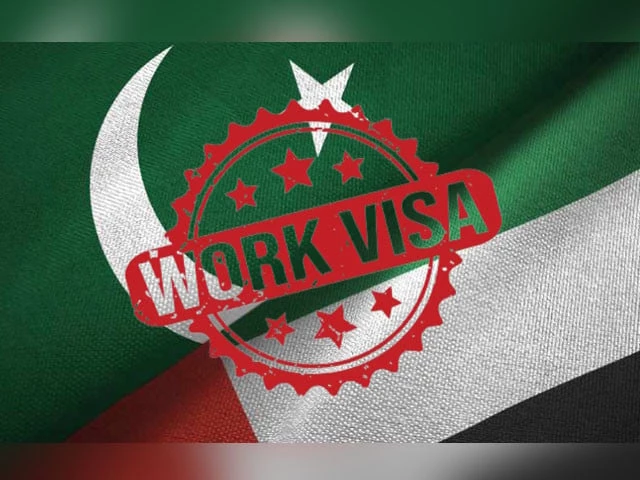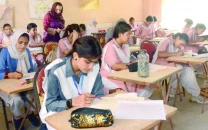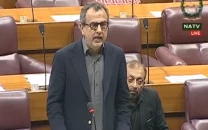Pak working with UAE on visa issues
.

Pakistan's Ambassador to the UAE, Faisal Niaz Tirmizi, has described the Gulf country's refusal of visas to Pakistani nationals as a "serious and significant" issue, confirming that both countries are working to address it.
Tirmizi's comments came in response to reports of declining visa approvals for Pakistanis, particularly over the past year, citing concerns over the applicants' failure to adhere to local laws, political activities, and alleged involvement in sloganeering.
In an interview with Arab News, the ambassador stated that he had met with UAE officials from the ministries of foreign affairs and human resource development to resolve the matter.
"This is a very serious issue and it has been raised at the highest level in all the interactions," Tirmizi said. "We are working to resolve the issue and hopefully they will be resolved, but the issue is quite significant and I cannot deny that."
Tirmizi explained that the visa refusals were mainly due to document authenticity and the criminal records of some applicants. He highlighted that the UAE is now using artificial intelligence (AI) to verify documents, and any discrepancies could lead to rejection.
"There was a major issue on the authenticity of education and qualification documents from Pakistan that has to be addressed," he said, adding that even genuine documents could be rejected if the attestation was found to be flawed.
Tirmizi also stressed that individuals with criminal records should be barred from traveling abroad.
"We have to improve systems within the country to ensure that only genuine travellers, genuine workers with a clean record, are allowed to travel outside and find jobs outside the country," he said.
On the topic of employment opportunities, Tirmizi explained that the UAE no longer required unskilled labour, as much of its physical infrastructure had already been developed.
"We have to train people now for high-skill jobs, like well-trained IT experts, people who are trained in artificial intelligence, people who are trained in accounting, people who have the skills, doctors, physiotherapists and laboratory technicians," he said.
He further proposed the launch of a four-year nursing programme, which would be recognised in both the UAE and the Gulf Cooperation Council (GCC) region.
"Pakistan has a surplus of labour, and we have to improve the quality of education within Pakistan and make sure that those people have the necessary technical, cultural, soft skills and language skills to compete in the international market," Tirmizi added.
Despite the challenges, Pakistan's remittances from the UAE have experienced significant growth. According to figures from Pakistan's diplomatic mission, remittances have increased by 53.9% year-on-year, with projections of $3.58 billion for FY2025.



















COMMENTS
Comments are moderated and generally will be posted if they are on-topic and not abusive.
For more information, please see our Comments FAQ